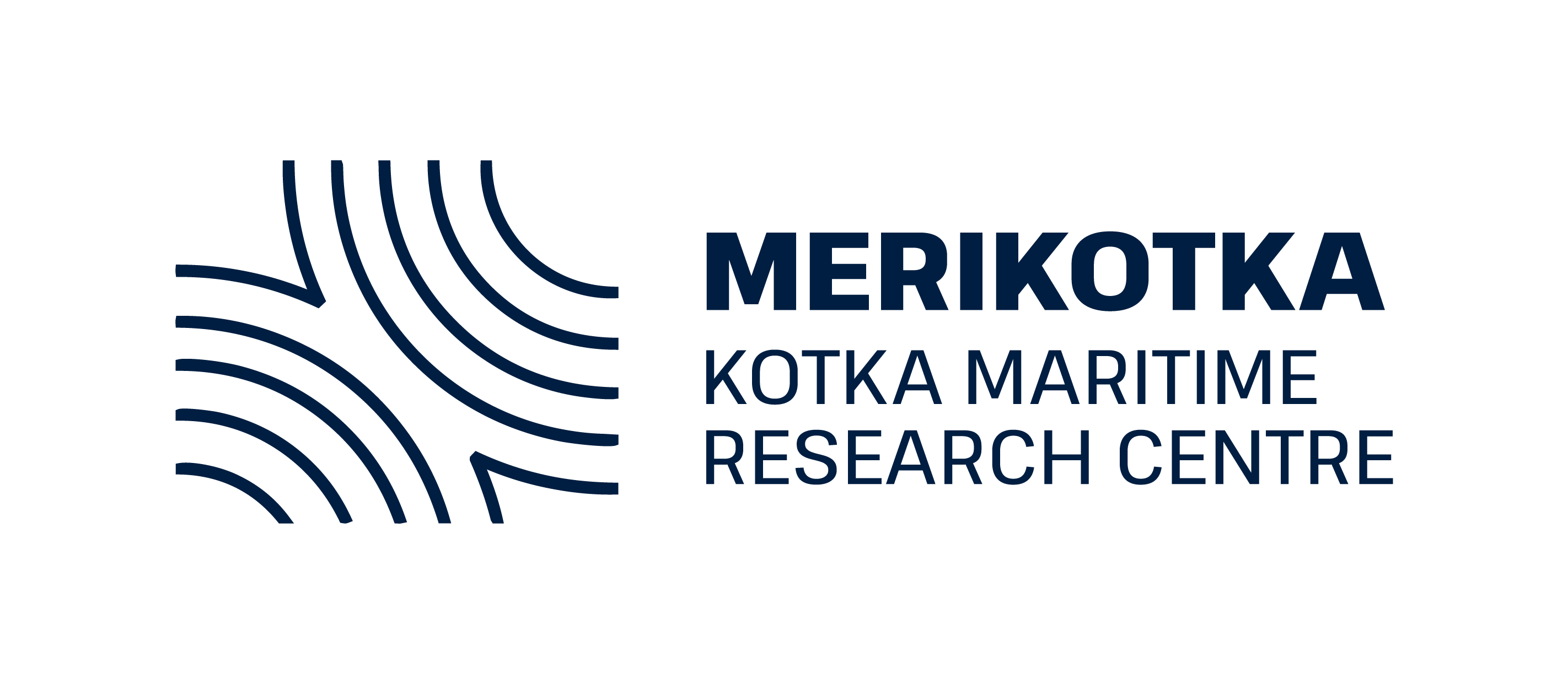Competition with foreign ports is stiff. How can we improve our ports’ competitiveness? Management practices regarding ports’ environmental impacts vary substantially across different countries, despite the fact that in the EU, for example, this is governed by Union-wide common legislation. Disparate management practices can affect ports’ opportunities for development and expansion, as well as their competitiveness. No comprehensive research into the different management approaches has been conducted, however, and no comparison exists of the ways in which requirements are implemented.
This project sought to produce data on these management practices especially in those Baltic Sea countries whose ports play a significant role in Finnish transport chains, to gauge the impact of various environmental practices on ports’ competitiveness, and to identify ways in which these practices could be harnessed for marketing purposes.
Based on the data produced during the project, conclusions were drawn regarding the extent to which environmental practices impact competitiveness, the ways in which these practices could be harnessed for marketing purposes, and the need for international harmonisation. The data can now be used as a basis for decisions concerning the port sector. Furthermore, comparative data was produced on the practices in different countries, aimed at port sector actors and the authorities responsible for managing the environmental impact of ports in Finland.
Funding
Contributors included Kymenlaakso Regional Council, Turku University, the City of Kotka, HaminaKotkan Satama Oy, Finnpilot Pilotage Oy and the Port of Helsinki.
Project partners
Kotka Maritime Research Association (coordinator)
Turku University Brahea centre for maritime research and training



